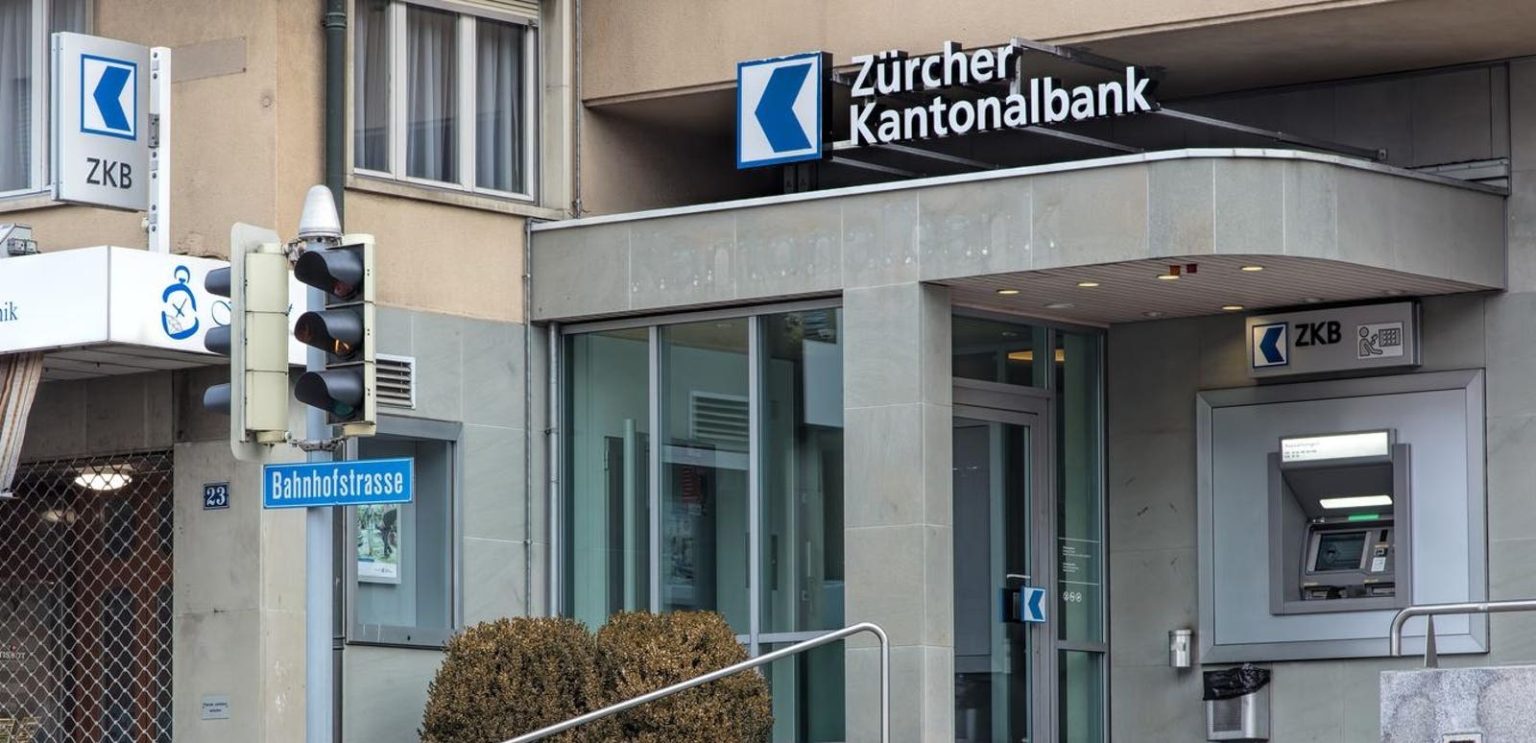The evolution of consumer expectations in banking has shifted from a “do it for me” to a “do it with me” mentality, with customers seeking a mix of self-service and employee-assisted banking channels. According to a report from Raddon, 32% of American consumers prefer this type of banking experience, making it essential for banks to align their digital and in-person services. To determine which banks are meeting these expectations, Forbes partnered with Statista to survey over 49,000 people across 33 countries and identify the World’s Best Banks based on factors such as trustworthiness, customer service, digital services, and financial advice.
The ING Group, a Dutch corporation with more than 1,000 billion in assets, earned the top spot in Australia, Germany, Poland, and Spain for its customized accessibility to customers through digital channels. ING prioritizes customer experience, relationship management, and superior sector expertise to differentiate itself in the industry. Similarly, Zürcher Kantonalbank in Switzerland ranked No. 1 due to its 150-year history of security and profitability, positioning it as a reliable partner for the economy and society. Banks like Banregio in Mexico are also focused on helping the local economy by innovating and creating solutions that meet the credit and financial needs of entrepreneurs.
In the United States, national and international banks like USAA, Capital One, and SoFi topped the rankings, while regional and community banks like Gate City Bank and Heartland Bank and Trust Company also made the list. Heritage Bank of Commerce, based in California’s Bay Area, prioritizes community engagement, with a focus on long-term relationships and personalized service. Despite a commitment to human interaction, these banks also maintain sound banking practices, running conservatively with strong liquidity and capital ratios to ensure a balance between customer experience and financial stability.
The methodology for selecting the World’s Best Banks involved surveying participants on their overall satisfaction, likelihood of recommending the bank, and rating their experience across specific criteria. Factors such as trustworthiness, terms and conditions, customer service, digital services, and financial advice were considered in a scoring system that also accounted for last year’s results and personal experiences with the banks. The list includes 403 banks globally, with a focus on customer-centric practices that meet evolving consumer expectations. Companies did not pay any fee to be included in the list, ensuring an unbiased evaluation of the world’s best banking institutions.


